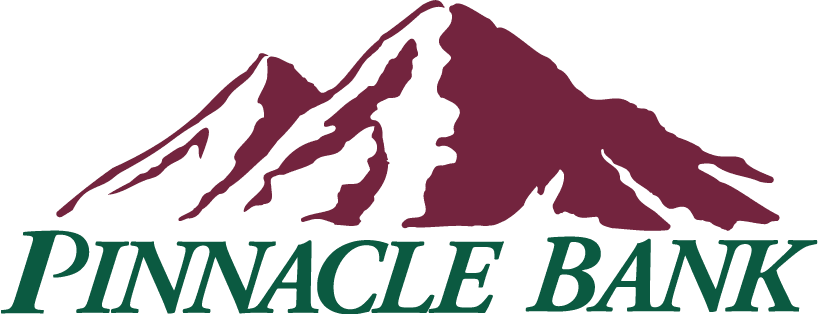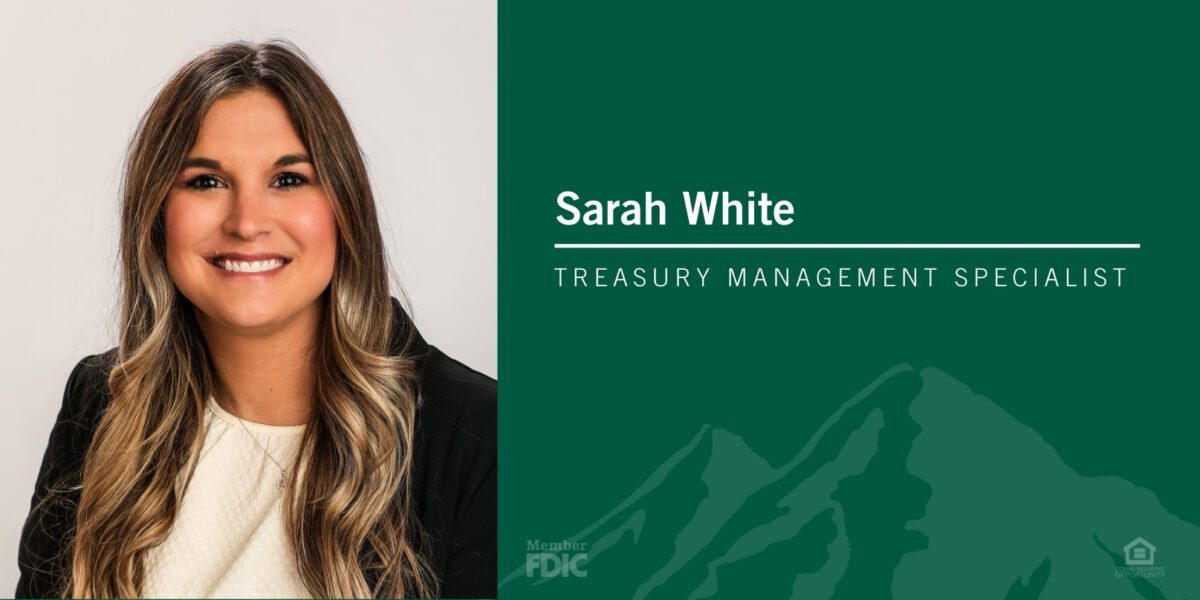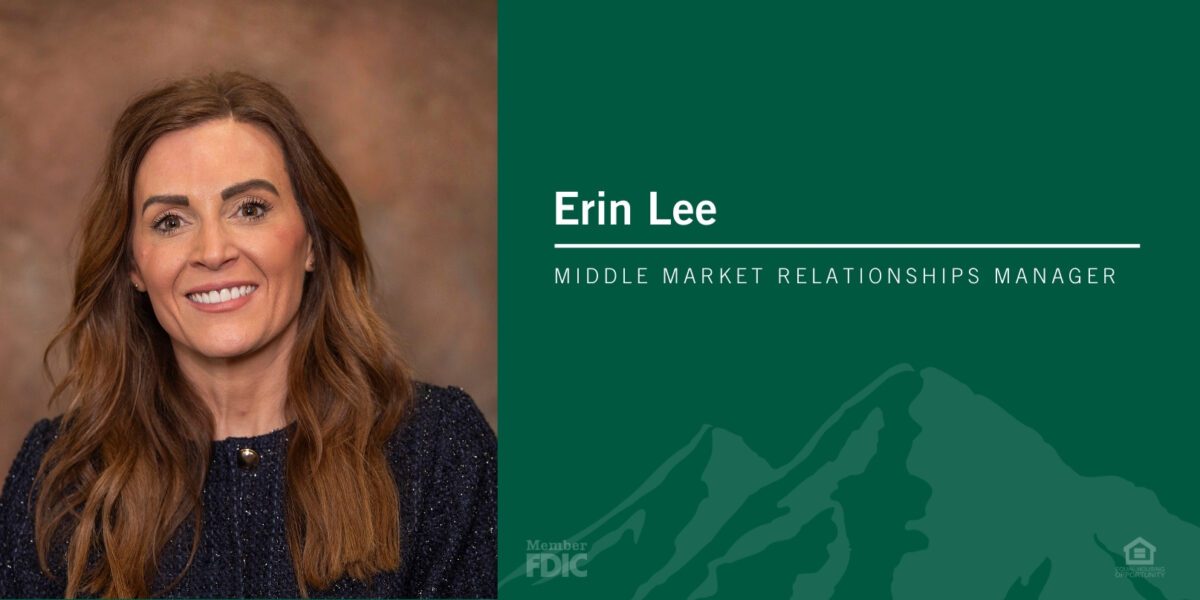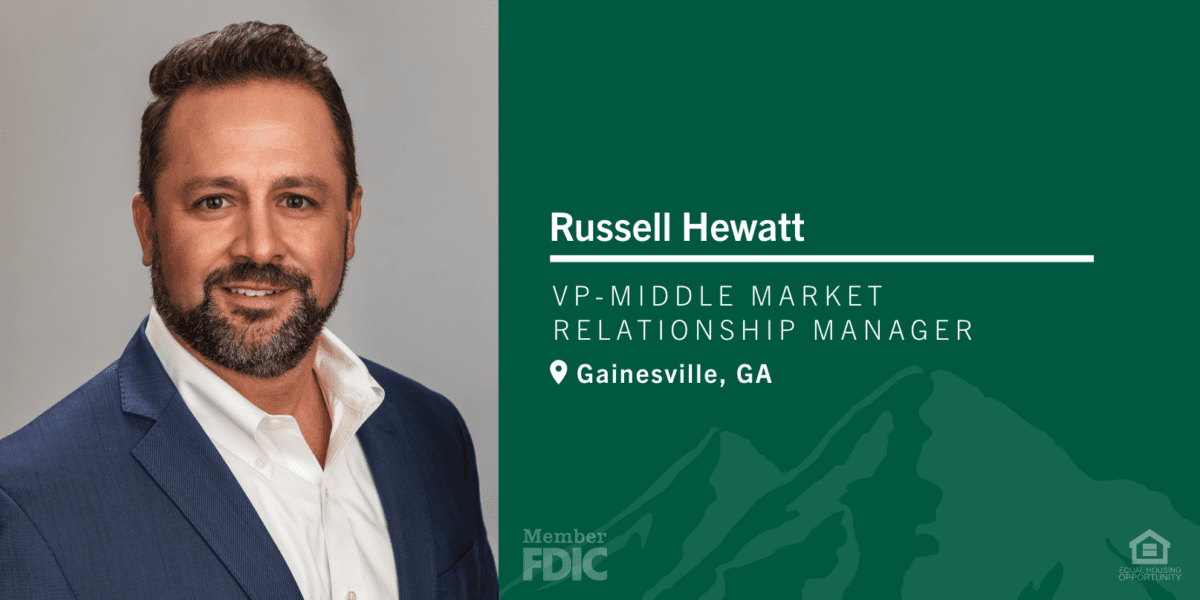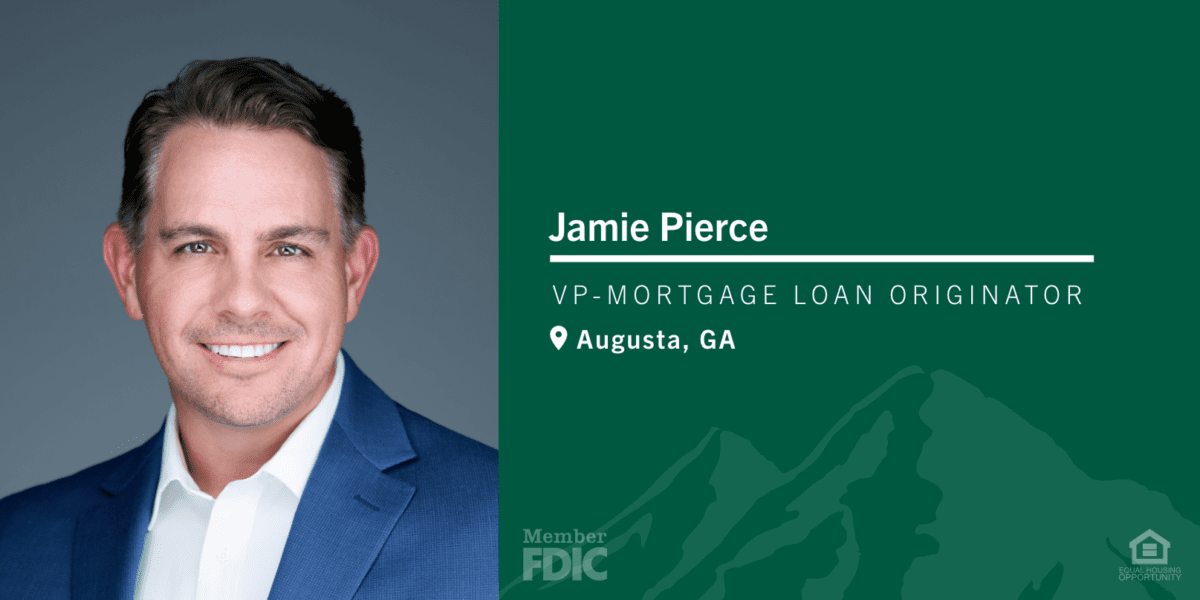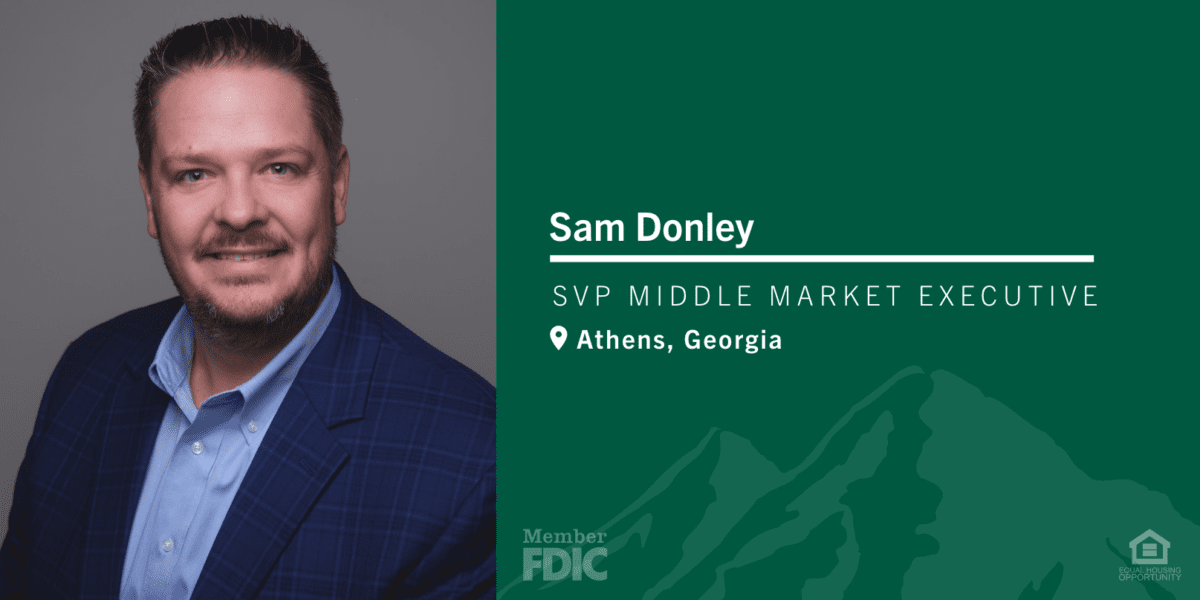When securing a mortgage, you have countless options—online platforms, national chains and big-name banks are all vying for your attention. However, there is a unique and often overlooked choice that can provide significant advantages: working with a hometown mortgage lender.
Here’s why choosing a local lender can make your home-buying journey smoother, more personal and ultimately more rewarding.
Personalized Service
Hometown lenders take the time to understand your unique financial situation and homeownership goals. Unlike national chains that process applications in bulk, local lenders offer a personalized approach. You’re not just a number; you’re a valued member of the community. This personal touch can lead to tailored mortgage solutions that better align with your needs.
Local Expertise
One of the biggest advantages of working with a local lender is their deep knowledge of the regional real estate market. They understand local property values, tax structures and the nuances of specific neighborhoods. This insight can be invaluable, especially for first-time homebuyers who may not be familiar with the area.
Accessibility & Communication
Need to ask a question or clarify a detail? With a hometown lender, help is just a phone call or a short drive away. Many local lenders pride themselves on being accessible to their clients. This level of communication can ease the stress of the mortgage process, as you’ll always have someone nearby to guide you.
Faster Decision-Making
Local mortgage lenders often have streamlined processes and decision-makers on-site, which can lead to faster approvals and closings. This agility can make all the difference in a competitive housing market where timing is critical.
Community Investment
By choosing a hometown lender, you’re supporting a business that contributes to your community. Local lenders are often involved in community events, sponsorships and charitable initiatives. Your partnership with them helps sustain and grow the local economy.
Flexible & Creative Solutions
Large banks may adhere to rigid guidelines, but local lenders often have more flexibility to craft creative financing options. They may offer specialized loan programs for local buyers, first-time homebuyers or unique property types. This flexibility can open doors that larger institutions might leave closed.
Building Long-Term Relationships
Hometown lenders aim to build lasting relationships with their clients. Many local lenders see their clients as neighbors and friends, not just customers. This relationship-focused approach can lead to better service not only during the mortgage process but also in future financial endeavors.
Competitive Rates & Fees
Contrary to popular belief, local lenders often offer competitive interest rates and lower fees than larger institutions. Since they operate on a smaller scale, they can often provide cost-effective solutions without hidden charges.
Reputation You Can Trust
Local lenders thrive on word-of-mouth recommendations and community trust. Their reputation is built on delivering excellent service and reliable results. When you choose a hometown lender, you’re working with a partner who values your satisfaction and success.
Peace of Mind
Home-buying can be stressful, but working with a lender who genuinely cares about your success can provide peace of mind. You’ll know you’re in good hands with a team committed to helping you achieve your homeownership dreams.
Conclusion
Choosing a hometown mortgage lender offers numerous benefits, from personalized service and local expertise to faster decision-making and community investment.
Whether a first-time buyer or a seasoned homeowner, partnering with a local lender can make your mortgage experience more rewarding and enjoyable. So, as you embark on your home-buying journey, consider the advantages of working with a lender who’s truly invested in your community and your success.
